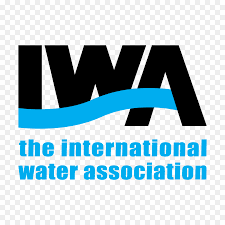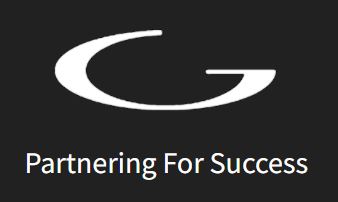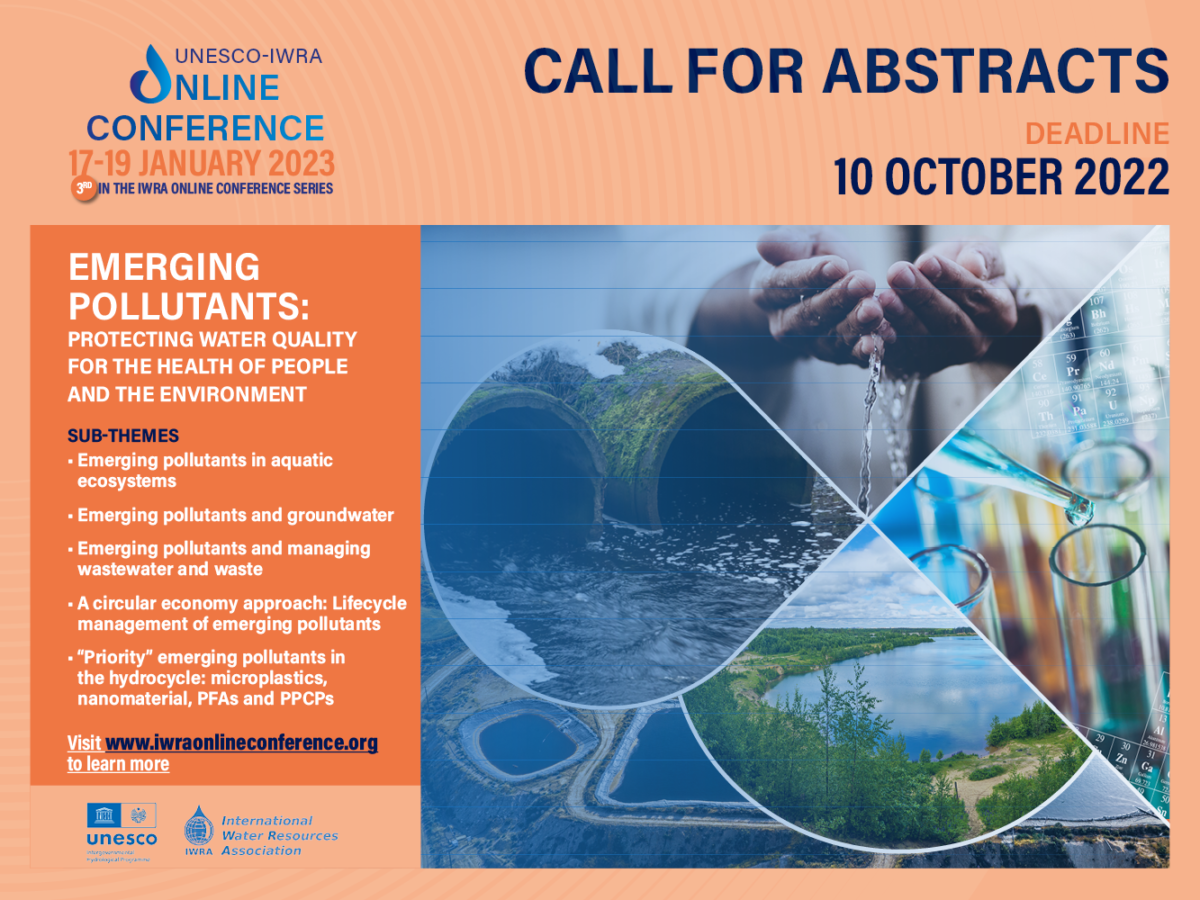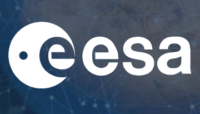|
|||||||||
|
News
Early Career Water Quality Job Opportunity – USA
Looking for a job in machine learning for water quality? Check out these three remote sensing job openings suitable for recent M.S. or Ph.D. recipients at Global Science and Technology supporting NOAA in the College:
- https://gst.applicantpool.com/jobs/871128.html – Ocean Surface Winds Support Scientist
- https://gst.applicantpool.com/jobs/877163.html – Radar Altimetry Scientist
- https://gst.applicantpool.com/jobs/865618.html – Statistical Methods and Water Quality Remote Sensing (focus is on the statistical methods including machine learning)
Join the GEO AquaWatch Early Career Society for Water Quality!
Do you self-identify as an Early Career Professional in water quality? Then join our new Early Career Society (ECS). Everyone who self-identifies as an early career water quality scientist is welcome to join – regardless of age. We hope to discuss potential activities to undertake for both professional development and advancement of GEO AquaWatch. There are opportunities to become a leader of the ECS too!
Express you interest to join the Early Career Society by emailing mbneely@geoaquawatch.org; Subject: JOIN ECS
IWRA Conference – abstract deadline extended!
The International Water Resources Association (IWRA), in partnership with UNESCO-IHP, is organising the upcoming UNESCO-IWRA Online Conference on “Emerging Pollutants: Protecting Water Quality for the Health of People and the Environment” (17-19 January 2023) – https://iwraonlineconference.org.
The deadline for the call for abstracts has been extended to October 21st, 2022. Please find more information in the message below and here: https://iwraonlineconference.org/call-for-abstracts.
|
European and Canadian EO providers – take this ESA survey!



#EO #GDA #developmentfinance #AcceleratingImpact
European Space Agency – ESA, Caribou Space







